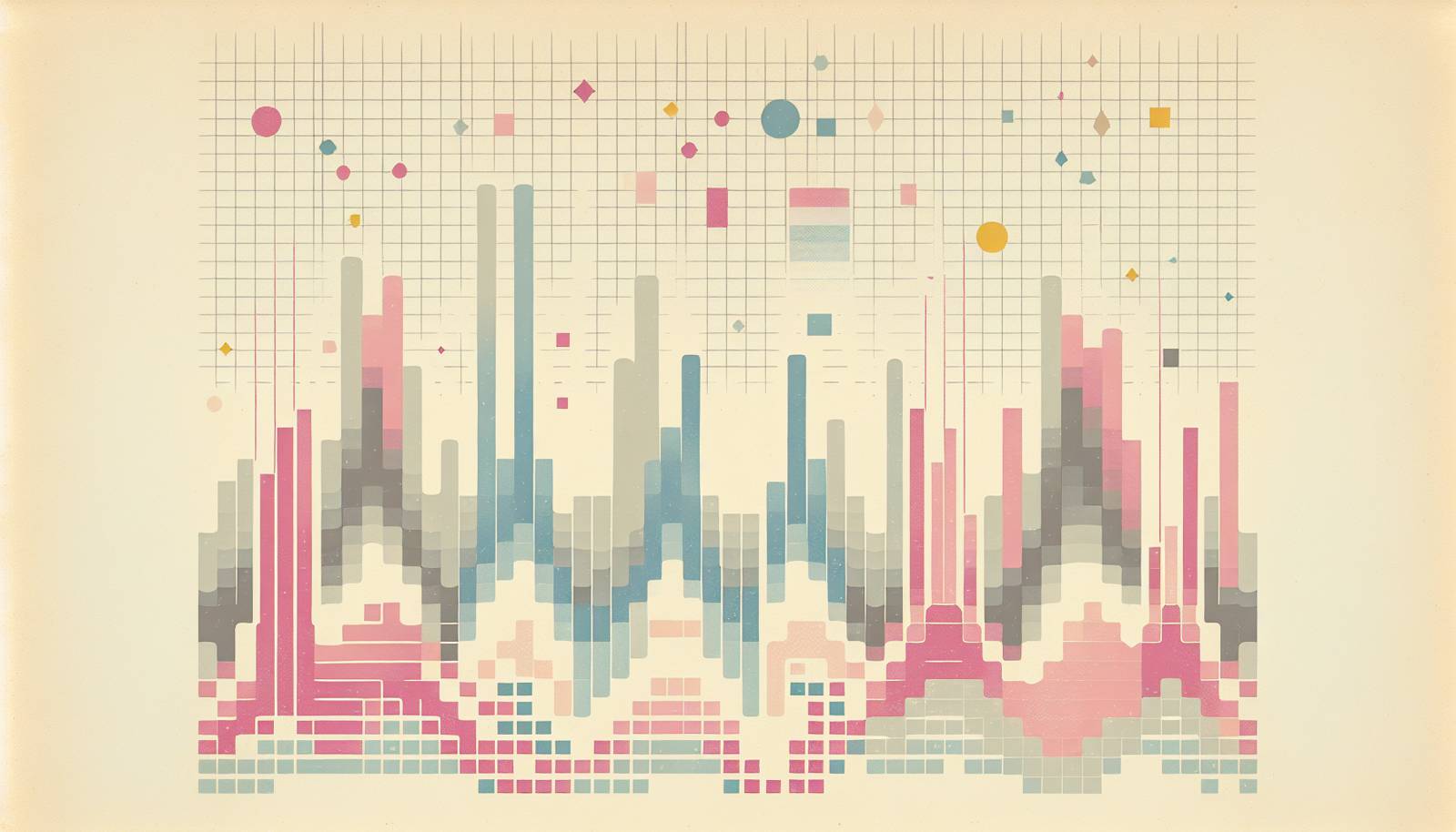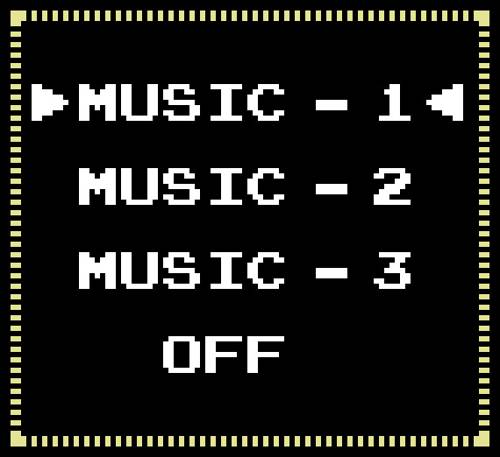
FAQ About The Cultural Impact of Retro Video Game Music

What defines retro video game music?
Retro video game music typically refers to the soundtracks from video games produced during the 1970s, 80s, and 90s. This era includes music from consoles such as the Nintendo Entertainment System (NES), Sega Genesis, and early arcade games. The soundtracks were often created using sound chip technology, which imposed limitations on composers but also fostered creativity and unique soundscapes.

How has retro video game music influenced modern music trends?
Retro video game music has significantly influenced modern music through its melodies, rhythms, and unique sounds. Artists in various genres, including electronic, hip-hop, and pop, have incorporated elements of 8-bit and 16-bit music into their work. The distinct, nostalgic quality of this music style appeals to both new listeners and those who grew up with it, leading to its resurgence in today's music landscape.

Why do people feel nostalgic about retro video game music?
Nostalgia for retro video game music is largely due to the strong emotional connections people formed with these games during their formative years. The music often brings back memories of childhood and simpler times, providing comfort and familiarity. Additionally, the music's catchy, memorable tunes are easy to recall and evoke positive feelings related to play, exploration, and achievement.

In what ways has retro video game music become part of cultural memory?
Retro video game music has become a significant aspect of cultural memory by becoming iconic themes recognized across different generations. It serves as a cultural touchstone, reminding people of the communal experience around gaming in its early days. The music is often featured in media, covers, and remixes, ensuring it remains a vibrant part of popular culture.

How are modern video games utilizing retro music themes?
Many modern video games use retro music themes to evoke nostalgia and pay homage to the history of gaming. Developers incorporate chiptune music and remix classical game music to create a bridge between past and present gaming experiences. This approach appeals to older fans and introduces younger audiences to the unique style of retro game music.

Are there modern music artists who draw inspiration from retro video game music?
Yes, numerous modern music artists draw inspiration from retro video game music. Artists like Anamanaguchi, who heavily use chiptune sounds, and artists across electronic and synthwave genres often incorporate elements of video game music in their compositions. These influences can be found in both the instrumental arrangements and the thematic elements of their songs.

What impact does retro video game music have on nostalgia markets?
Retro video game music has bolstered nostalgia markets by fueling demand for vintage game merchandise, vinyl soundtracks, and concert performances of classic game music. The rise of services that let users play retro games with original soundtracks also highlights the importance of music in these nostalgia-driven markets.

How do fans engage with retro video game music today?
Fans engage with retro video game music through remixes, covers, and live concerts. There are numerous online communities and forums dedicated to discussing retro game music, and events like MAGFest offer live performances by bands specializing in game music. Additionally, fans create and share content on platforms like YouTube and SoundCloud, keeping the music alive and dynamic.

Why are retro video game concerts popular?
Retro video game concerts are popular because they provide a unique way to experience beloved music live, often with full orchestras or dedicated performances by chiptune artists. These concerts appeal to nostalgia, allowing fans to relive their favorite gaming moments. The music's cultural significance and the communal concert experience make these events widely attended by enthusiasts.

What role do retro video game soundtrack re-releases play in their cultural impact?
Soundtrack re-releases allow new generations to discover and appreciate retro video game music, reinforcing its cultural significance. Released on formats such as vinyl or digital streaming services, these soundtracks provide both a nostalgic experience for original fans and a historical insight for newer audiences, ensuring the music's enduring legacy.

How has the internet influenced the preservation of retro video game music?
The internet has greatly facilitated the preservation and dissemination of retro video game music. Websites dedicated to the archival of game soundtracks, platforms for sharing remixes, and forums discussing music histories ensure that these soundtracks remain accessible to a global audience. This digital preservation effort helps keep the music relevant in modern times.

What are some notable soundtracks from the retro video game era?
Some notable soundtracks from the retro video game era include Super Mario Bros., The Legend of Zelda, Sonic the Hedgehog, and Final Fantasy. These soundtracks are celebrated for their innovation and ability to capture the essence of the games they accompanied. Composers like Koji Kondo and Nobuo Uematsu have become legendary within the gaming community for their contributions.

Have any retro video game music composers influenced contemporary composers?
Yes, several retro video game music composers have influenced contemporary composers. Koji Kondo, known for his work on the Super Mario and Zelda series, and Yuzo Koshiro, famous for Streets of Rage, among others, have inspired modern artists through their innovative use of limited hardware to create iconic soundscapes. Today's composers often cite these pioneers as influential figures in their own musical journeys.

Do any academic studies focus on retro video game music and its cultural impact?
Yes, there are academic studies that focus on retro video game music, exploring its cultural impact, technological origins, and its role in identity formation and nostalgia. Researchers analyze how these soundtracks influence societal trends, media studies, and musicology, contributing to a deeper understanding of their significance within modern culture.

How are retro video game music and nostalgia used in advertising?
Advertisers often use retro video game music to evoke nostalgia, capturing the attention of consumers who have fond memories of such games. The music's familiarity can create positive associations with products and services, appealing especially to a demographic that experienced video games during their childhood. This strategy helps brands connect emotionally with an audience that values authenticity and shared cultural histories.

What software and tools are used to create chiptune music today?
Today, a variety of software and tools are used to create chiptune music, replicating the sounds of retro video games. Programs like FamiTracker and MilkyTracker emulate classic video game sound chips, allowing artists to produce authentic chiptune compositions. Additionally, digital audio workstations with specific plugins can mimic the 8-bit and 16-bit sound environments.

How do video game remixes contribute to the popularity of retro game music?
Video game remixes contribute significantly to the popularity of retro game music by reinventing classic tracks and introducing them to new audiences. These remixes often incorporate modern elements and production techniques while retaining the core essence of the original compositions. By doing so, remix artists help bridge the gap between nostalgia and contemporary music scenes, expanding the reach and appreciation of retro game music.

What cultural values can be derived from the music of retro video games?
Retro video game music reflects cultural values such as innovation, creativity, and community. The ingenuity required to create compelling music under technological constraints speaks to a dedication to craft and artistic expression. Additionally, the community aspect of gaming, where music played a central role, highlights values of collaboration and shared experience.

Are there any platforms dedicated to the distribution of retro video game music?
Yes, several platforms are dedicated to the distribution and appreciation of retro video game music. Sites like OverClocked ReMix offer a wide array of remixes and original compositions inspired by game soundtracks. Streaming services and digital storefronts also feature official soundtrack releases, ensuring that retro game music remains accessible to fans worldwide.
